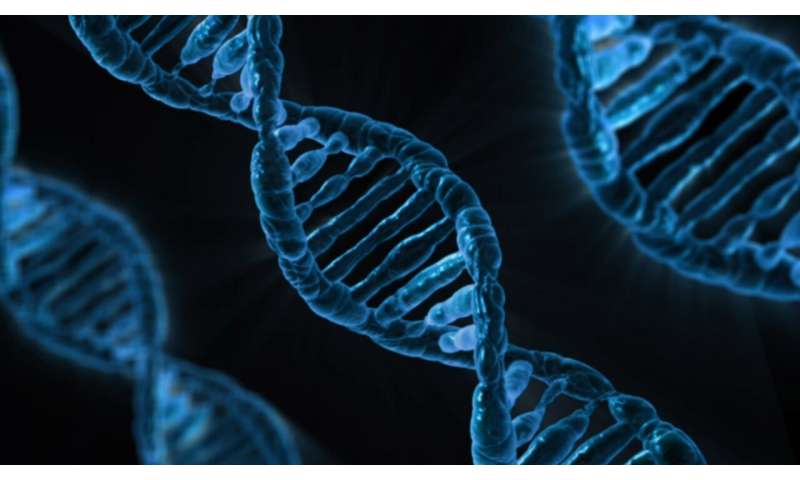
Analyses of cell signals provide insight into the origin of severe inflammatory symptoms that appear in various types of blood cancer and point to possible therapeutic approaches: In around one-fourth of patients suffering from juvenile myelomonocytic leukemia (JMML), there is evidence of mutations in the so-called KRAS gene in the leukemia cells. Patients affected by JMML carrying these mutations suffer particularly often from signs of inflammation, such as fever, weight loss, and an abnormal enlargement of the spleen. It was previously unknown how the sometimes severe inflammatory symptoms are connected with the cancer. A team of researchers at the University of Freiburg led by Prof. Dr. Robert Zeiser and Prof. Dr. Tilman Brummer has now demonstrated that the cancer-causing mutation in the KRAS gene is also the cause of the inflammation. The improved understanding of the symptoms will enable doctors to develop new drugs for blocking the progression of leukemia in the body.
The KRAS gene regulates the production of the K-Ras protein, which gives the cells instructions to grow or to divide. The protein ensures that cells only multiply if new cells are needed in the body. If K-Ras is excessively active in some cells due to a mutation in the genetic material, these cells divide unchecked—and cancer develops. Zeiser and his team have now discovered that K-Ras also plays an important role in the immune response: Via the NLRP3 protein complex—also known as the NLRP3 inflammasome—it leads to the release of two inflammation-promoting messenger substances, interleukin-1β and interleukin-18, which the researchers succeeded in detecting in cells from blood samples of leukemia patients. When the researchers inhibited the formation of the messenger substances with drugs, this treatment not only relieved the inflammatory symptoms but also slowed down tumor growth. “This is a promising result that is also consistent with other studies demonstrating that cancer-causing mutations influence the production of interleukin messengers,” explains Zeiser. The results of the study show that the signaling pathways whose disruption leads to cancer are also directly related to the signaling processes of the immune response.
Source: Read Full Article
